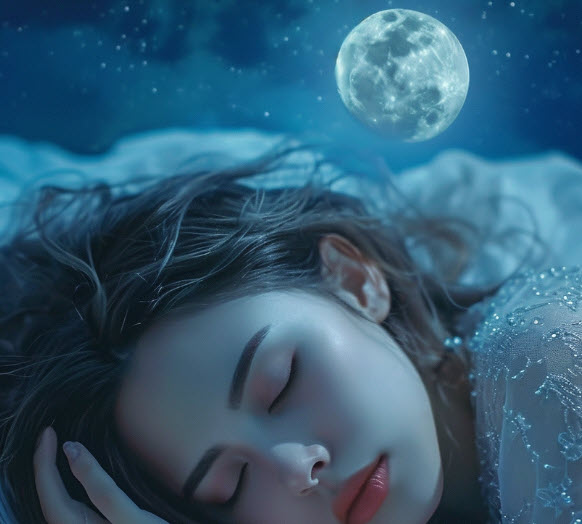
Brief Article Overview
The Lunar Cycle and Sleep: Fact or Folklore?
For centuries, people have wondered if the full moon can disrupt sleep patterns. Recent studies have shed light on this age-old question. While the results are mixed, understanding the potential effects of a full moon on sleep can help you manage your sleep habits.
The Phases of the Moon
From the new moon to the full moon and back again, the lunar cycle takes about 29.5 days to complete. During a full moon, the moon's surface is fully illuminated, creating a visually striking phase in the sky.
What the Research Says
Studies have suggested that a full moon may impact sleep in several ways:
- Delayed sleep onset
- Reduced sleep efficiency
- Longer time to reach REM sleep
Men vs. Women: Sleep Differences
Research indicates that men and women may experience the effects of a full moon differently:
- Sleep pattern variations
- Hormonal influences
Tips for Better Sleep During a Full Moon
If you find that your sleep is affected during a full moon, try these strategies to enhance your sleep quality:
- Establish a bedtime routine
- Limit caffeine and sugary foods
- Create a sleep-friendly environment
- Maintain a consistent sleep schedule
- Avoid screens before bedtime
- Practice relaxation techniques
- Engage in regular physical activity
- Write down your thoughts in a journal
- Incorporate soothing sounds or music
- Use meditation or gentle stretching
Common Questions Answered
Here are some frequently asked questions about the full moon and sleep:
- Why can't I sleep well during a full moon?
- How does a full moon affect a person?
- How does a full moon affect women?
- Is lunar insomnia a real thing?
If you experience sleep disturbances during a full moon, paying attention to your sleep habits and environment can help lessen the impact. Remember, everyone's experience with the lunar cycle may vary, so find what works best for you.
Did you miss our previous article...
https://naturesmart.us/wellness/8-side-effects-of-exercising-just-30-minutes-a-day
 HealthWellnessFitnessBeautyVideosPrivacy PolicyTerms And Conditions
HealthWellnessFitnessBeautyVideosPrivacy PolicyTerms And Conditions
